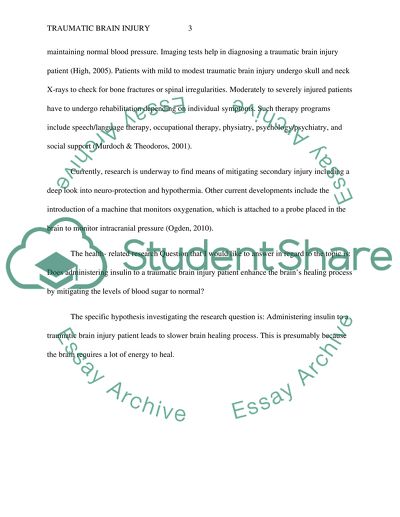Retrieved from https://studentshare.org/health-sciences-medicine/1629130-critical-thinking-basic-concepts-of-quantitative-reasoning-hypothesis-formulation
https://studentshare.org/health-sciences-medicine/1629130-critical-thinking-basic-concepts-of-quantitative-reasoning-hypothesis-formulation.


